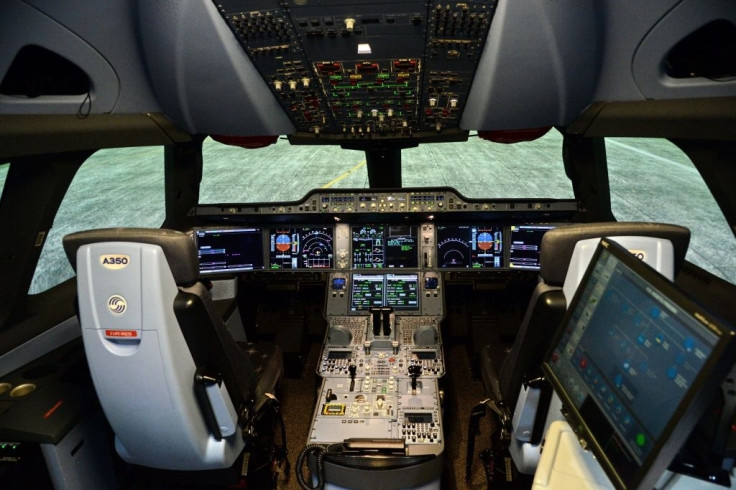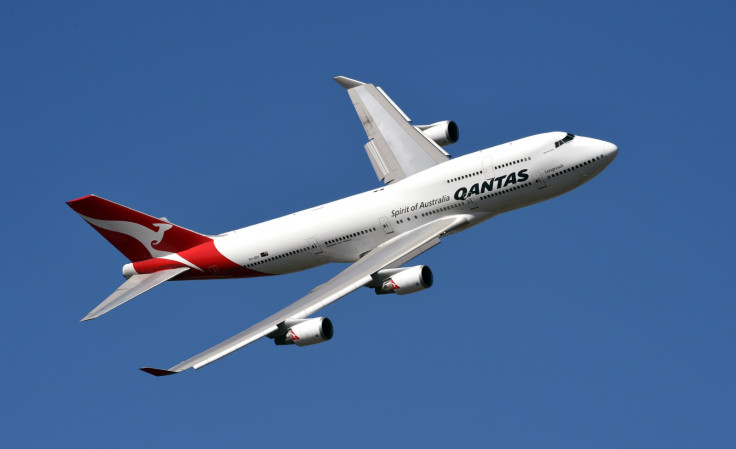Would you fly in a pilotless plane if it saved you money?
UBS report claims self-flying planes will save industry $35bn a year, but passengers are wary.
Pilotless planes could save the aviation industry $35bn (£27bn) per year through reduced fuel usage, insurance premiums and wage and training costs, but for now the majority of passengers are unwilling to fly in a plane without its crew.
According to research by Swiss bank UBS and a survey of 8,000 people, just 17% said they would happily fly in a pilotless plane today, while 54% said they would be unwilling to do so.
Acceptance of planes without pilots is more positive among younger flyers, with 27% of those aged between 18 and 24 saying they were happy to step aboard an autonomous plane. For potential passengers aged between 25 and 34 this rose to 31%.
UBS says this paints a bright future, assuming today's young respondents remain open to the technology as they get older. The bank said this "may bode well for the future development of such technology, as the 18-34 age group grows older and maintains such an attitude towards flying on pilotless planes."
Nationality also had an effect on how people voted. French and German respondents were the least likely to board a self-flying plane today, at just 13%, while US passengers were the most welcoming of pilotless travel (27%).
Removing pilot and crew from commercial airliners could save the industry $35bn per year, UBS claims. No longer paying for pilots and their training is the obvious cause, but the bank also believes fuel savings could be made due to autonomous planes taking more efficient routes.

Assuming these costs are passed onto the consumer, UBS believes passengers could see airfares cut by as much as 11% for US flights, but just 4% in Europe.
A number of aviation companies and technology startups are already tackling autonomous flight, with plans to offer self-flying 'robotaxis' by the middle of the next decade. UBS believes these small VTOL (vertical takeoff and landing) vehicles will be first to go autonomous, followed by cargo flights, before private jets, helicopters and finally commercial airliners follow suit.
Autonomous systems already take on much of a pilot's workload, capable of taking off, landing and maintaining a steady speed, direction and altitude. But in poor weather, or during emergency situations like multiple bird strikes and engine failure, passengers prefer to know a human is at the helm, even if a computer can think faster and doesn't get tired, distracted or intoxicated.
As far as these thoughts are concerned, UBS expects "acceptance to grow over time."

© Copyright IBTimes 2025. All rights reserved.






















